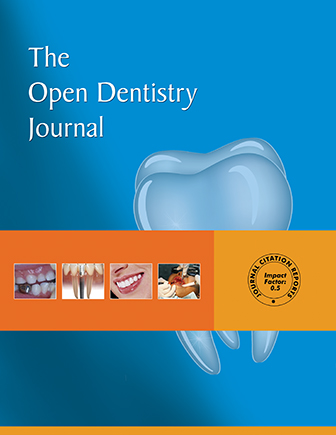Evaluation of Effect of Low-Dose Methotrexate on Osseointegration of Implants: A Biomechanical Study on Dogs
Abstract
Background:
Methotrexate (MTX) is an immunosuppressive drug, widely used in inflammatory disturbances including rheumatoid arthritis. However, there is no consensus regarding the effect of MTX on implant osseointegration.
Objective:
The purpose of this experimental study was to investigate the effect of low dose MTX on Bone-Implant Contact (BIC) of dogs.
Methods:
Six mandibular premolar teeth (bilateral) of 8 mature dogs were extracted. After 3 months of healing, 6 implants (bone level, resorbable blast media surface) were inserted into the mandible of each dog (3 in each side). Dogs were randomly divided into a study group (receiving 2.5 mg/week MTX orally, 3 times per week for 4 weeks) and a control group each containing 4 dogs. In the 1st week, postoperative BIC was evaluated in 4 dogs, two from each group. In the 4th week, reverse torque and BIC were evaluated in the remaining 4 dogs. Data were analyzed with two-way ANOVA test for 95% confidence interval.
Results:
The reverse torque test of the 4th week, showed a satisfying osseointegration. Histopathologic evaluation revealed that the BIC was significantly higher in the control group in comparison to the MTX group in the 1st and 4th week. In addition, the BIC of both groups were significantly increased in the 4th week in comparison to the 1st week in both groups.
Conclusion:
MTX has the potential to interfere with osseointegration process.


